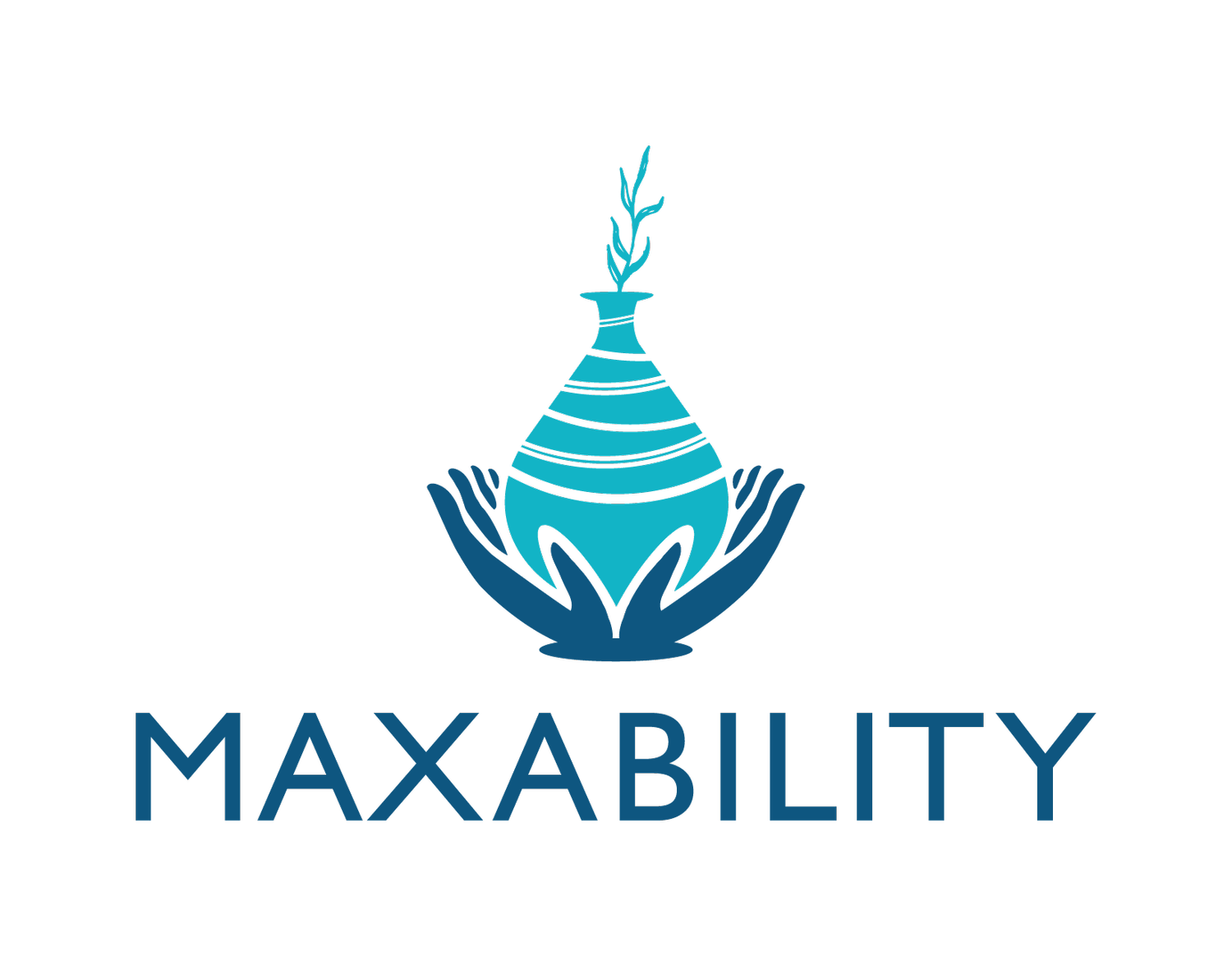PERSONAL STORIES

Carl Woolf
Though he was born deaf and disabled and has struggled continually against misunderstanding, prejudice, bullying and illness, Carl Woolf has shown that, given the right opportunity, he and others like him can lead happy, fulfilled and active lives. Here, his mother, Anita Woolf, shares her vision for Carl and for other physically disabled adults.
My son Carl was born profoundly deaf and physically disabled in 1962. When he was a baby, I was told by a panel of doctors at Great Ormond Street Hospital that he had ‘primitive development’ and ‘near vegetable intelligence’. But I knew different – his eyes were bright and responsive.
As he grew older, Carl’s naturally energetic nature erupted. Despite severe spasticity in his legs, he taught himself to crawl, to walk and even, at the age of ten, to ride a bike. We tried sending him to several different schools. At this time sign language was frowned on, and he and other deaf children were made to sit on their hands. Fortunately, he had one wonderful teacher who insisted, when he was fourteen, that he be taught sign language. The improvement in every aspect of his life was quite extraordinary.
Carl never lost his desire to travel. He took driving lessons, passed his test and was soon travelling the length and breadth of London and then England. However, his education had not included any vocational training and he was unable to get a job. His frustration was immense as he saw his younger brothers and sister go out into the world. A spell living in rural Bedfordshire brought some happiness, but he was lonely. A few difficult bullying situations at local deaf clubs resulted in depression and eventually a full-scale breakdown.
In 1997, when Carl was 34, we moved back to London in the hope that the city might offer him more. But everywhere we looked for jobs, health and safety regulations were an issue. He found some deaf clubs and soon got to know a group of fairly streetwise deaf men with a variety of disabilities. But they started to take advantage of him and then to bully and threaten him.
There were further setbacks when he was admitted to hospital to treat an infection in his foot. After weeks of appalling treatment, he came out with hospital-acquired MRSA. He now has permanent lymphoedema, for which he needs a daily visit from a carer.
This was the situation when a social worker suggested he try going to Flightways. When he walked in and saw one or two friends from past school days, he was overjoyed. But what had once been a thriving centre with nearly two hundred users, providing art, pottery, computer training, photography, physiotherapy, counselling when needed and buses for transport, was a shadow of its former self. Funding was slowly and relentlessly being withdrawn. By 2008, we realised that the future of Flightways was at risk, and we had to start raising money to keep the centre open.
Carl is now in his fifties, and I don’t know how long I will be around to fight his corner. There are some attendees who no longer have any family members around to support them. Many of them have similar or even more harrowing stories to tell. And this is why I am using all my energy to create a future for them, through Maxability.
by Anita Woolf, Trustee of Maxability
Elaine Jones
In 1995 I had a severe stroke, which paralysed my right side. It was a big shock because I thought only old people had strokes.
After doing a lot of rehab at the hospital, my heart consultant suggested that I go to Flightways Day Centre to get some physio and speech therapy. I also learnt to write letters on a computer because I couldn’t communicate. The carer assigned to me was profoundly deaf so he taught me to sign (BSL), which enabled me to communicate with him. After working with staff at Flightways, I began to regain my confidence and make friends.
In early 2000 I joined the Steering Committee, run by Paul Baldwin, who I later worked with, running a charity called BDISC. In 2008, when the centre was no longer run by Barnet Council and became user-led, Paul and I ran all the courses, including art, pottery, photography, flower arranging and yoga. We employed tutors for the various activities. I worked on reception and I was also an activities coordinator, secretary and bookkeeper for BDISC.
In July 2014 I had a massive heart attack, followed by a triple heart bypass operation, and it took me some time to recover.
By 2015, Paul could no longer run BDISC and I was running it alone but struggling to manage because of my health problems. We approached Anita and Emile Woolf and asked them to take over BDISC, which they did, and we are now called Maxability.
The courses are greatly enjoyed by members and people in the community. It is so important that people with disabilities have a place to meet, as well as a place where we can express our creative abilities, mix socially and feel a sense of purpose in our lives.


